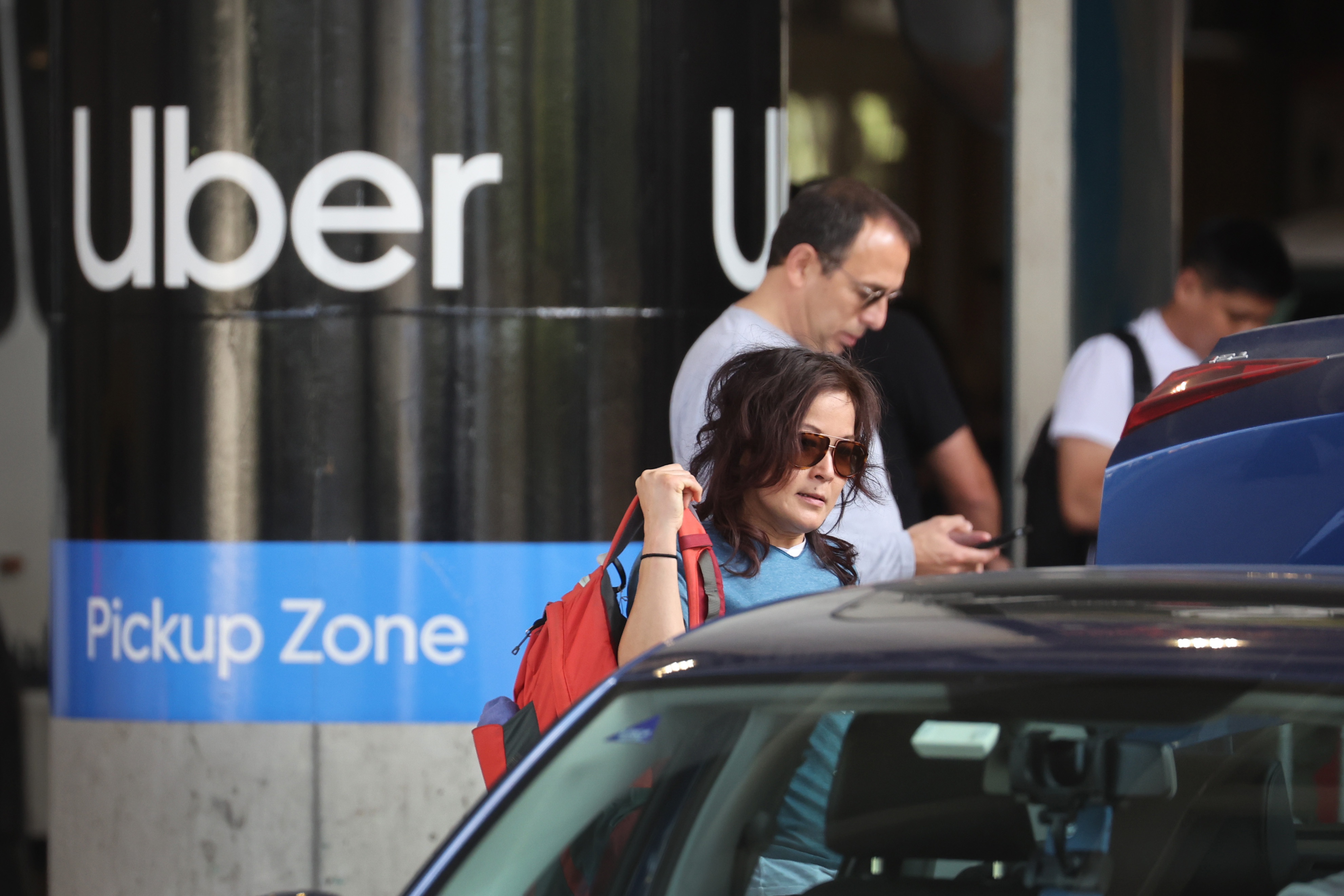Uber announces major update to driver requests nationwide next month

New Safety Feature for Women Riders and Drivers
Uber has introduced a new feature in select U.S. cities that allows women riders and drivers to be matched exclusively with one another, according to the company’s recent announcement. This development aims to address ongoing safety concerns within the rideshare industry.
Why It Matters
Rideshare platforms like Uber have faced significant scrutiny over incidents involving sexual assault and harassment. According to Uber's latest safety report covering the period from 2021 to 2022, there were "2,717 incidents across the most serious categories of sexual assault and misconduct." These numbers highlight the urgent need for enhanced safety measures.
In addition, numerous lawsuits have been filed against Uber by both drivers and passengers, alleging cases of sexual harassment and assault. The introduction of this new feature is seen as a step towards addressing these issues and improving the overall safety of the platform.
What To Know About the New Feature
The feature, named "Women Preferences," is based on feedback from women riders and drivers. Uber states that it provides an additional layer of control for users, allowing them to feel more secure during their trips.
For women riders, the app now includes a "Women Drivers" option that can be requested through the application. While riders can still choose other services such as UberX or UberXL if they prefer, this new setting offers an alternative for those who seek female drivers.
Additionally, users can reserve rides in advance and set a preference for women drivers directly in their app settings. Although Uber notes that this does not guarantee a match with a woman driver, it increases the likelihood of being paired with one.
For female drivers, the pilot program enables them to request trips specifically with women riders by adjusting their preferences in the app settings.
Camiel Irving, Uber's vice president of operations for the U.S. and Canada, emphasized the importance of making this feature usable in various regions around the world. She stated that while most drivers are men, the company has worked to ensure the feature is effective and accessible globally.
Uber has previously rolled out similar features in several countries, including Saudi Arabia, Australia, India, and parts of Europe and South America. These initiatives have seen positive responses, with over 100 million trips completed in 40 countries since its initial launch in 2019 in Saudi Arabia.
Public Reaction
Ameshia Cross, a Democratic strategist and political commentator, expressed mixed feelings about the feature on X. She suggested that while safety is a critical concern, the focus should also be on ensuring that the entire driver fleet is free from inappropriate behavior. Cross pointed out that simply directing women to female drivers may not be sufficient.
What Happens Next
The rollout of the "Women Preferences" feature will begin in the coming weeks in Los Angeles, San Francisco, and Detroit. Alongside this, Uber has announced a new initiative called "Hope Rides" in partnership with the Alliance for HOPE International. This program aims to assist survivors of interpersonal violence in accessing essential support services.
To further support this cause, Uber is providing over $250,000 in ride credits to 15 Family Justice Centers (FJCs) across nine states. This financial contribution underscores the company’s commitment to community safety and support.
Related Topics
Other recent developments include changes to Uber's ride options in multiple cities, which have sparked interest among users. Additionally, reports of a new scam targeting passengers have raised concerns about security on the platform. Meanwhile, the competition with companies like Elon Musk's robotaxi continues to shape the future of ride-sharing technology.
As Uber continues to evolve, the introduction of these new features highlights the company’s efforts to improve user safety and address the diverse needs of its rider and driver communities.